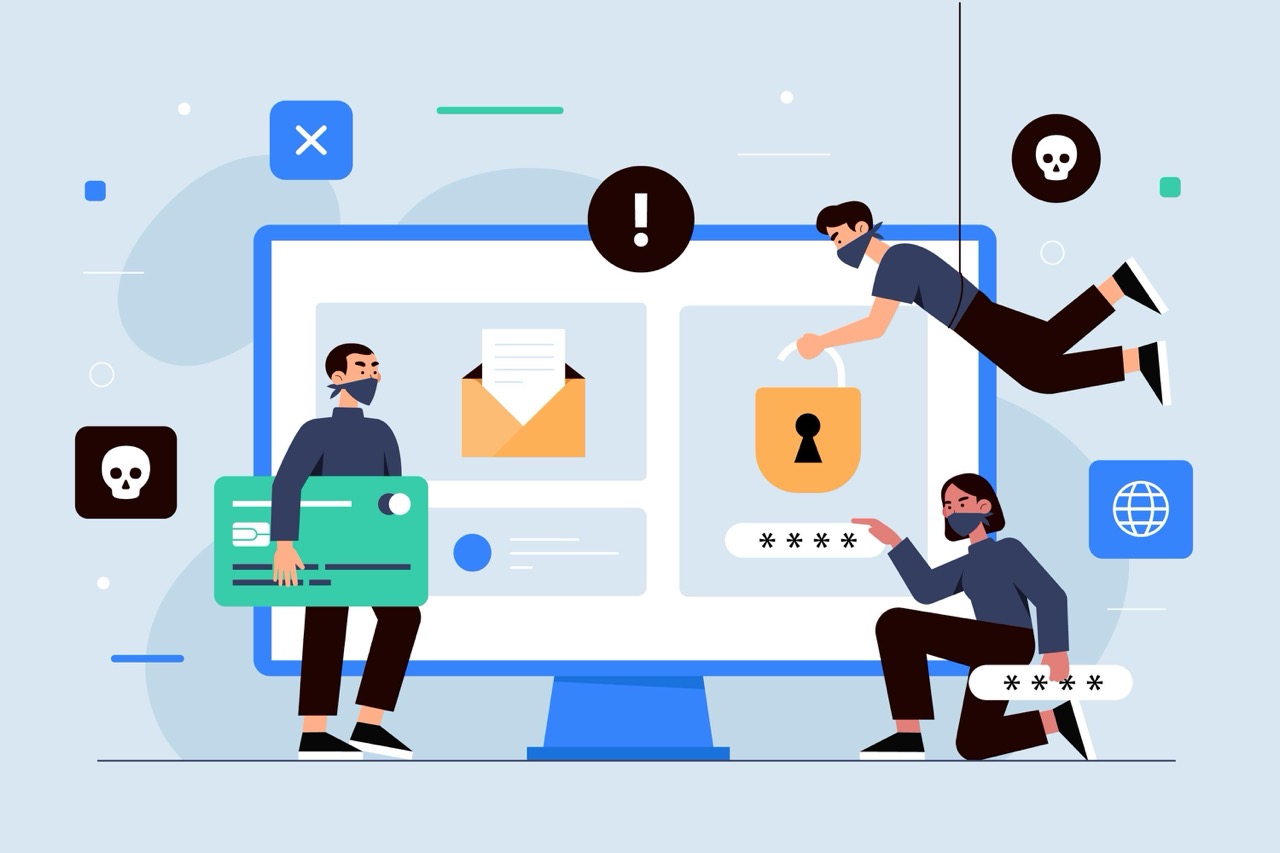WordPress is a powerful and widely-used platform for building websites, but its popularity also makes it a target for cyber threats. Securing your WordPress website is crucial to protect your data, maintain the integrity of your site, and ensure a positive user experience. In this article, we will explore the basics of WordPress website security and provide actionable tips to safeguard your online presence.
Keep WordPress Updated
One of the simplest yet most effective ways to enhance security is to keep your WordPress installation, themes, and plugins up to date. Developers regularly release updates to address security vulnerabilities and improve overall performance. Enable automatic updates for minor releases, and regularly check for major updates to ensure your site remains secure.
Strong Passwords
The importance of using strong passwords cannot be overstated. Avoid using easily guessable passwords such as “password” or “123456.” Instead, create complex passwords that include a mix of upper and lowercase letters, numbers, and symbols. Regularly change your passwords, especially for administrative accounts, to minimize the risk of unauthorized access.
Limit Login Attempts
By default, WordPress allows unlimited login attempts, making it susceptible to brute force attacks. Implementing a login attempt limit can significantly enhance security. Consider using plugins like “Limit Login Attempts” to restrict the number of login attempts from a specific IP address, making it more challenging for attackers to gain access.
Two-Factor Authentication (2FA)
Enable two-factor authentication for an additional layer of security. With 2FA, even if someone manages to obtain your password, they would still need a second form of verification, typically sent to your mobile device or email. This extra step adds a significant barrier to unauthorized access.
Secure Hosting
Choose a reputable and secure hosting provider. Opt for hosts that offer features like firewalls, malware scanning, and regular backups. A reliable hosting provider plays a crucial role in the overall security of your WordPress website.
Use SSL Encryption
Secure Sockets Layer (SSL) encryption is essential for protecting data transmitted between your website and its visitors. It encrypts the communication, making it difficult for attackers to intercept sensitive information such as login credentials. Many hosting providers offer free SSL certificates, so make sure to enable SSL for your WordPress site.
Regular Backups
Regularly back up your website to ensure you can quickly restore it in case of a security incident. Use reliable backup plugins or tools provided by your hosting provider. Store backups in a secure location, preferably offsite, to prevent data loss in the event of a server failure.
Disable Directory Listing
Prevent directory listing to enhance security. By default, WordPress might display the contents of certain directories, potentially exposing sensitive information. Disable directory listing to ensure that unauthorized users cannot view the contents of your directories.
Security Plugins
Consider using security plugins to add an extra layer of protection to your WordPress site. Popular security plugins, such as Wordfence or Sucuri Security, provide features like firewall protection, malware scanning, and real-time threat monitoring.
Monitor User Activity
Regularly monitor user activity and audit user accounts. Remove any unnecessary accounts and assign the minimum necessary permissions to each user. This minimizes the risk of unauthorized access and potential security breaches.
By implementing these basic security measures, you can significantly enhance the security of your WordPress website. Remember that security is an ongoing process, and staying vigilant is key to protecting your online presence from evolving threats. Keep abreast of the latest security best practices and apply them to ensure a safe and secure WordPress experience for both you and your site visitors.



